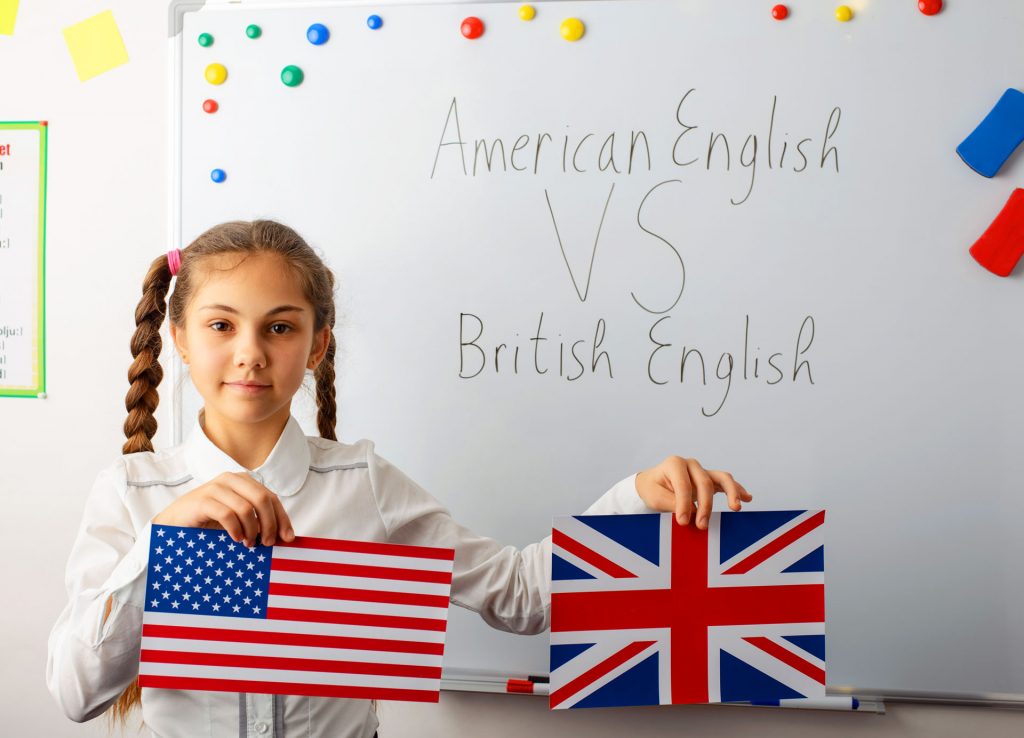How does British spelling differ from American spelling? The article provides an overview ofspelling between British and American English.
What is your English level?
Find out your A1 A2 B1 B2 C1 C2 level of English with our quick, free online test.
Variances in American and British spelling encompass minor alterations that impact the meaning, pronunciation, and usage of words.
Presently, English is spoken by both native speakers and non-native speakers, forming the most extensive linguistic community globally. However, a multitude of distinct dialects are employed within this community.
Today, I invite your attention to illustrations of spelling differences in American and British English.
British vs. American English
Frequently, past participles and simple past verbs are spelled in distinct ways:
-ed ending (American English)
- smelled
- spelled
- dreamed
- learned
-t ending (British English)
- smelt
- spelt
- dreamt
- learnt
The British prefer the ending “re” while Americans prefer “er”:
- theatre – theater
- centre – center
British extra letters:
- u
- the letter combination “ou” in the middle of words – glamour, moustach, colour
- the ending “ue” in the words analogue, catalogue, dialogue
British spelling includes the use of “ll” in the last syllable:
- Mr. Traveller
- Travelling
In American English, many verbs end in “-ize”: memorize, organize, prioritize.
And in British English, “-ise”: memorise, organise, prioritise.
The French impact on British English, which dates back to around 1066, is evident in the inclination to include or preserve the letter “e” at the end of words, as seen in examples like “cheque.”
In the term “ageing,” the letter “e” has been retained.





